Why Won’t My Dog Howl? [5 Reasons]
Howling is not very common for city dogs compared to their wild counterparts. But when you see or hear your neighbor’s dog howl, you start to wonder why you haven’t listened to your dog do the same.
Your dog must think, “You don’t want me to whine, bark, or growl, but you want me to howl? Gimme a break!”
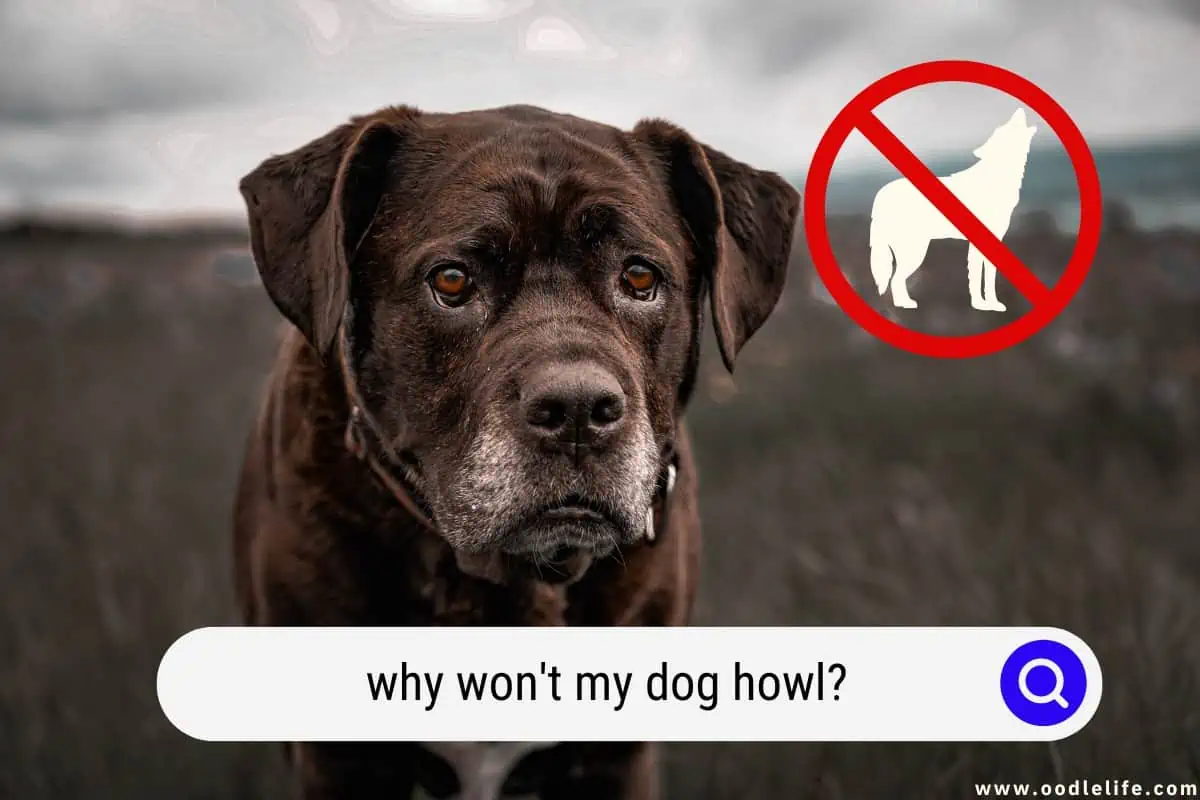
Perhaps your dog has a point. Why would you look for a dog’s howl if you can’t even stand the whining, barking, and growling? Well, that’s probably because you don’t hear it often.
But if you’re wondering, “Why won’t my dog howl?” and your dog just won’t do it for you, let’s start by understanding why dogs howl in the first place.
Understanding a Dog’s Howl
Dogs howl for various reasons.

Like whining, barking, and growling, another vocal language dogs use to communicate with their owners or with other dogs is howling.
Others may howl in response to certain sounds, such as sirens or musical instruments. Yes, that’s right, any high pitch sounds can set a trigger. Sometimes, when they want your attention and wagging their tails doesn’t do the trick, they resort to howling.
Pretty cute, right?
Everyone thinks so, too. However, it may not be a hundred percent cute all the time. Howling could be an indication of serious illness or stress.
Some dogs howl when they feel anxious or lonely. In some cases, howling may signify distress or pain in a dog.
Most of the reasons why dogs howl are likely to be the same reasons why they don’t. So, it is important to pay attention to your dog’s behavior both if it doesn’t learn how to howl and if it starts howling excessively.
7 Reasons Why Your Dog Won’t Howl
Many factors could answer the question, “Why won’t my dog howl?”
Again, most of the reasons why dogs howl are likely to be the same reasons why they don’t. So, you can work around the same concepts, whether you want your dog to stop or start howling.
Lack of Breed Predisposition
Nature and genetics is the primary reason you should consider when dealing with a dog’s vocal language and behavior.

Some dog breeds are more prone to howling than others. For example, Siberian Huskies and Alaskan Malamutes are known for their howling tendencies, while other breeds, like Poodles and Chihuahuas, are less likely to howl.
If a dog is not genetically disposed to howling, it may not have the instinct or desire to do so. What if it’s a mixed breed? Well, it all comes down to which of the two genes is dominant.
The dog breeds that can easily communicate through howling are:
- American English Coonhound
- American Eskimo Dog
- American Foxhound
- Basset Hound
- Beagle
- Bluetick Coonhound
- Bloodhound
- Dachshund
- Finnish Spitz
- Japanese Spitz
- Karelian Bear Dog
- Norwegian Elkhound
- Redbone Coonhound
- Siberian Husky
- Tibetan Spaniel
- Welsh Springer Spaniel
It’s good to know if your dog is predisposed to howling first before attempting to train them, as you can better assess what kind of training you will have to do.
Lack of Socialization
Dogs often mimic the behaviors of other dogs. In fact, they even mimic other creatures as well. For instance, have you seen that trending TikTok video of a puppy mimicking his rabbit friend?
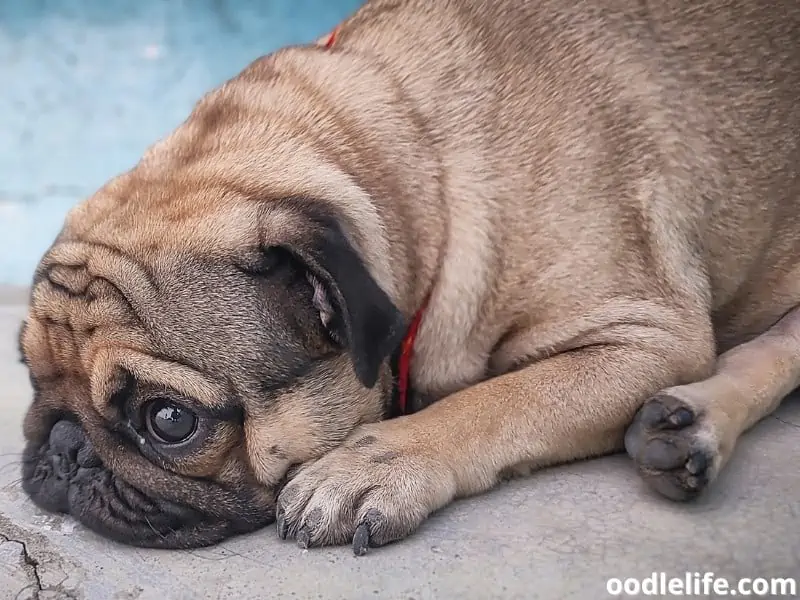
It’s genuinely funny and cute!
Whether they are mocking or just purely curious, mimicking is a dog’s way of expressing interest.
If your dog has not encountered other dogs often, there’s a very slim chance he’d know and learn how to howl. Let your dog socialize with other dogs in the park will make it easier for you to train them. Let your dog learn from other dogs, especially the breeds that enjoy howling.
Lack of Training
Just as you can discipline your dogs to wait until their meal is served, you can also train them to howl when expressing something.
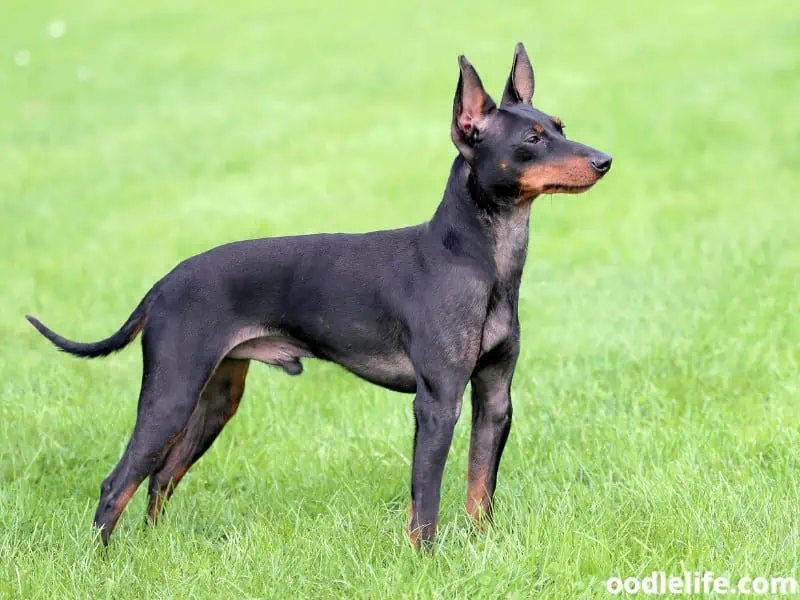
Most dogs cannot howl, not because they won’t but because they don’t know how. So train them to see if they can, but do not force it on them.
While they are puppies, expose them to sounds that may trigger their howling. But always be mindful of their stress level.
If you are going to train them when they are mature, you still can, but it will have to be a bit more difficult than if you train them young.
Associated Experience
Dogs quickly learn from how you treat them when they do something.
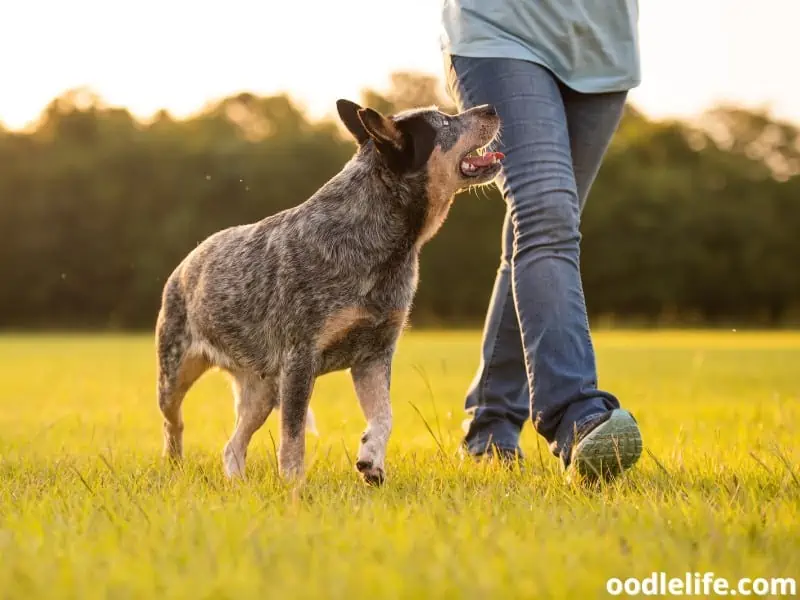
If your dog won’t howl, it is good to remember if you’ve hushed them before when they try to do so. Hushing is one associated experience they learn from. If it’s not you, try to ask your partner or anyone you are living with.
Perhaps that’s the reason why they won’t howl.
Health Issues
Dogs that are in pain or discomfort may be less likely to howl. If a dog is experiencing dental problems, for example, it may be too painful for them to open its mouth wide enough to howl.

It would have been fine if that was the case. But what about if it’s a serious problem?
It is always good to note that dogs who try to howl but can’t often feel something. Instead, they may grunt and groan, which indicates something is wrong. You can check their eyes and their reaction as they do so.
And if you find even a hint of a painful response, you must bring them to a vet.
Age-Related Changes
If you are training your dog to howl, it is also good to consider their age. Like any physical conditioning, their ability to howl is affected by their maturing body.
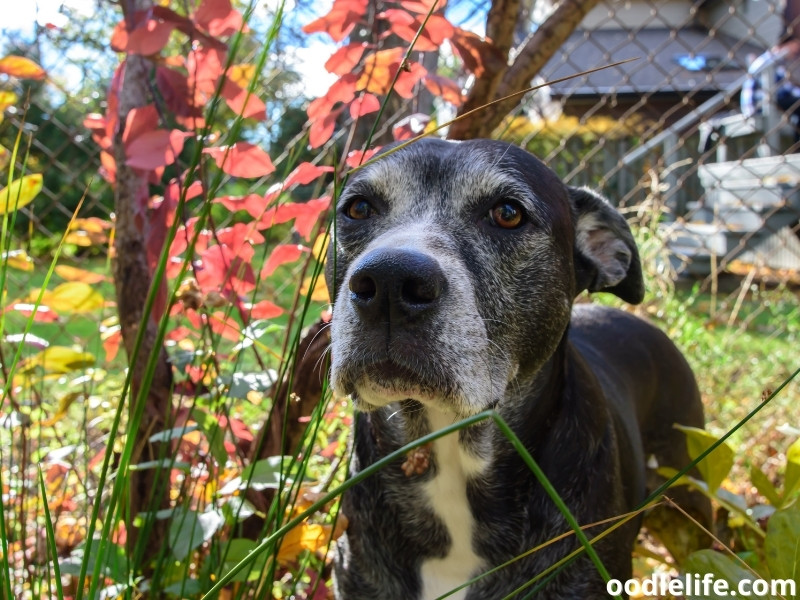
As dogs grow older, their vocal cords and other parts of their vocal anatomy may change, affecting their ability to howl.
Personality
Like humans, dogs have their own unique personalities and temperaments. For example, some dogs may simply be more laid-back and less vocal than others and may not feel the need to howl, even if they can.
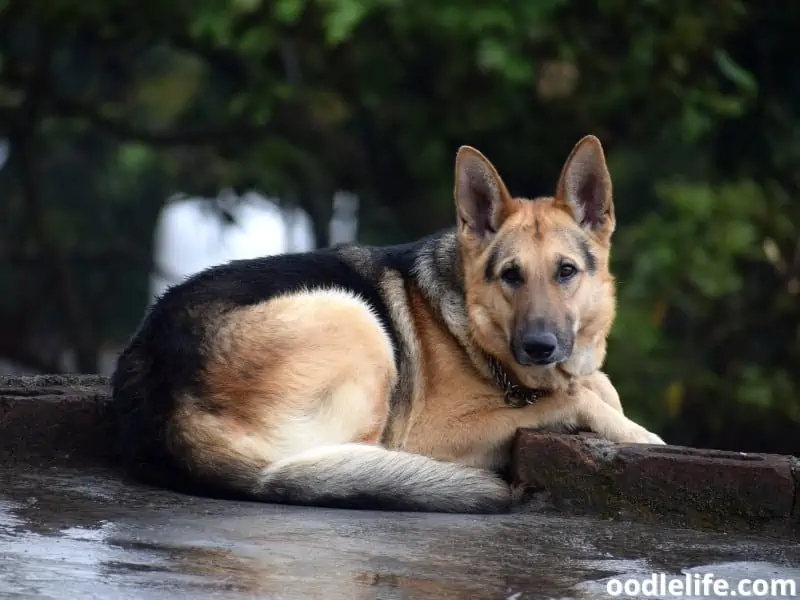
How To Make Your Dog Howl?
To answer the question, “why won’t my dog howl?” some dogs are simply not prone to howling, while others may need encouragement or training before they start howling. If you’d like to try to get your pup to howl, here are a few things you can try:
- Ensure your dog is in a quiet, calm environment where they feel comfortable.
- Play sounds that often trigger howling in dogs, such as sirens or music with a high-pitched whistle.
- Encourage your dog to vocalize by making noise yourself, such as singing or talking in a high-pitched voice.
- Try offering your dog a treat or toy as a reward for howling.
- Find a pup that knows how to howl and introduce your dog—let it learn from a pro!
It’s important to note that not all dogs will howl in response to these stimuli, and some dogs may not be able to howl due to physical limitations or lack of vocalization training.
Additionally, it’s important to remember that making a dog howl is not always appropriate, as some dogs may become agitated or distressed by the noise.
If you’ve tried these things and your dog still isn’t howling, it’s possible that they simply don’t have the instinct to do so. But, of course, some dogs are more vocal than others, which is okay!